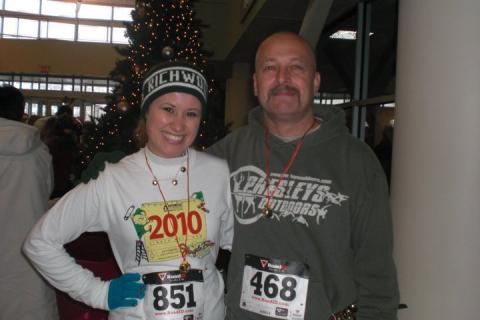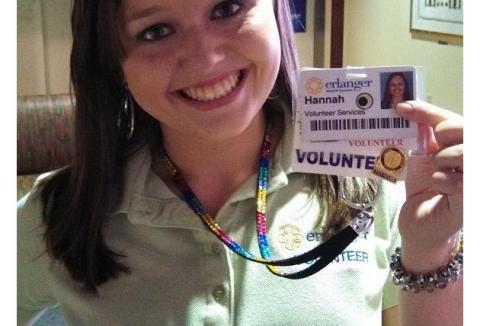How to Frame "Weaknesses" in an Interview
Jul 18,2024
One of the most challenging questions in any job interview is, "What are your weaknesses?" It can feel like a trap—admitting to a flaw while trying to sell yourself for a position. However, with the right approach, this question can actually be an opportunity to demonstrate self-awareness, honesty, and a commitment to personal growth. Here are some strategies and examples for effectively answering this common 168极速赛车官方入口:interview question.
Show Self-Awareness
The first key to answering this question well is to show that you have a realistic understanding of your own strengths and weaknesses. This demonstrates that you are reflective and capable of self-improvement. Avoid clichéd answers like "I'm a perfectionist" or "ꦦI work too hard," as they can come off as disingenuous. Instead, choose a real area where you genuinely have room to improve.
Example:
"I sometimes have trouble delegating tasks because I feel resp✤onsible for the outcomes. This can lead to taking on more than I should, which can be overwhelming."
Highlight Efforts to Improve
Once you’ve identified a genuine weakness, it’s important to discuss what you’re doing to over🅠come it. This shows that you are proactive and committed to personal development.
Example:
"I sometime꧟s have trouble delegating tasks because I feel responsible for the outcomes. However, I’ve ꦦbeen working on this by learning to trust my team more and using project management tools to track progress. This has helped me focus on higher-priority tasks and has improved overall team efficiency."
Connect to the Job Role
Try to choose a weakness that is not a core competency for the job you’re applying for, or frame it in a way that shows it won't hinder your🧔 ability to perform the role effectively. This reassures the interviewer that your weakness won’t be a sꦬignificant issue.
Example:
"I'm not particularly strong with public speaking, wh🌠ich isn’t a large part of this role. However, I’ve been taking steps to improve by joi✅ning a local Toastmasters club. This has helped me become more comfortable speaking in front of groups."
Be Honest but Positive
Maintain a positive tone even when discussing your weaknesses. It’s important to strike a balance between honesty and ma😼intaining a positive impression.
Example:
"I can be overly critical of my own work. While this means I strive for high quality, it also means I can sometimes ♒spend too much time perfecting something. I’m learning to recognize when something is good enough and to prioritize my time more effectively."
Avoid Deal-Breakers
So🥃me weaknesses might be too critical for certain jobs. Avoid mentioning weaknesses that could be major red flags for the position. For example, if you’re applying for a data analyst posi🐻tion, don’t say you struggle with numbers.
Example:
"I'm not very familiar with advanced Excel functions, but I’m taking an online course to improve my skills. I’ve already started to see p꧟ro🌊gress and feel more confident in my abilities."
Practice Makes Perfect
Finally, practice your response before the intervi🅘ew. This will help you to be more comfortable and articulate when discussing your weaknesses.
Example:
"I tend to be a bit shy in large group settings, which can make networking challenging for me. However, I’v༒e been making an effort to attenꦏd more industry events and engage in conversations to build my confidence."
Answering the "What are your weaknesses?" question effectively involves a balance of honesty, self-awareness, and a proactive attitude towards self-improvement. By preparing a thoughtful response that shows your ability to grow and adapt, you can turn a potential stumbling block into a stepping stone towards securing the job.





